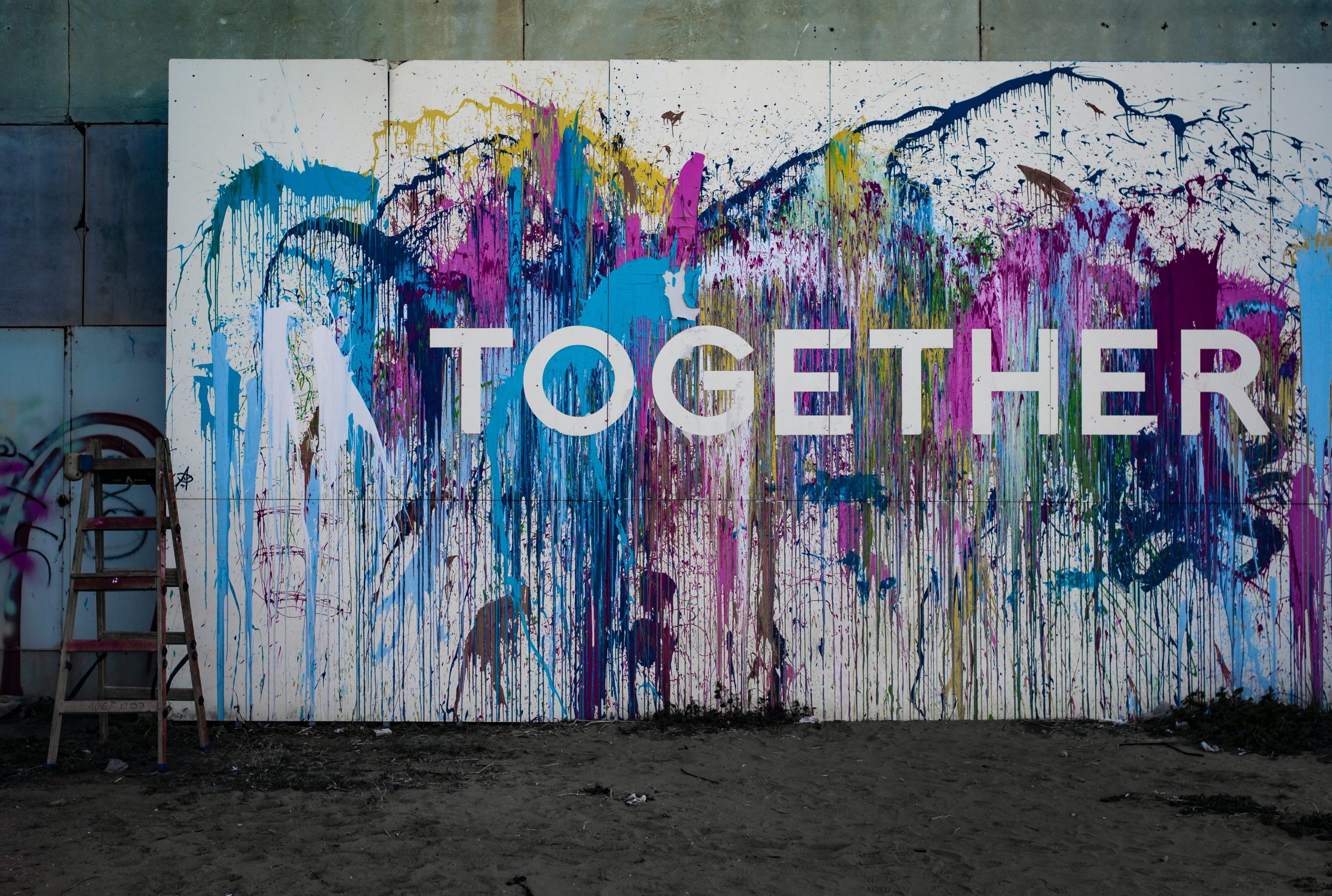In concert with other PAOC churches in BC we have designated this Sunday (June 27, 2021) as Reconciliation Day.
Harold Gutierrez, Director of International and Indigenous Ministries for the BC and Yukon District of the PAOC describes Reconciliation Day:
“We believe Reconciliation Day can become a rallying point for all our congregations to specifically pray and act to bring down the walls of division. Our goal is to forge a new path of unity, respect, and life-giving mission work among First Nations in BC and the Yukon.”
Let’s ask, what does reconciliation mean?
Now let’s look at a passage in 2 Corinthians.
“From now on, therefore, we regard no one according to the flesh. Even though we once regarded Christ according to the flesh, we regard him thus no longer. 17 Therefore, if anyone is in Christ, he is a new creation.[b] The old has passed away; behold, the new has come. 18 All this is from God, who through Christ reconciled us to himself and gave us the ministry of reconciliation;” (2 Cor 5:16-18)
First, we recognize that God is a God of reconciliation. Jesus opened the way to reconciliation for everyone. Jesus bridges the gap between people and God, allowing us to be reconciled to God the Father.
“For in him all the fullness of God was pleased to dwell, 20 and through him to reconcile to himself all things, whether on earth or in heaven, making peace by the blood of his cross.” (Col 1:19-20)
Jesus’ righteousness covers us and allows us to approach God the Father. Reconciliation means that relationship is restored. Jesus reconciled people to himself and then he gave to all his followers the ministry of reconciliation.
What does this ministry of reconciliation look like? The Apostle Paul talks about Christian ambassadors in 2 Cor 5:20 “We are therefore Christ’s ambassadors, as though God were making his appeal through us. We implore you on Christ’s behalf: Be reconciled to God.” As new creations we have certain responsibilities “we are therefore Christ’s ambassadors.” Countries have ambassadors that work on the international political scene. An ambassador does not carry the messages that she wants to say, but she carries the messages that her country wants her to say. The ambassador of Canada always has the best interests of Canada in mind no matter what country they go to. The Bible tells us that followers of Jesus are ambassadors, we are representatives of Christ. We are no longer just serving ourselves or carrying the messages we want to carry.
Last Monday we celebrated National Indigenous People’s Day and next week we celebrate Canada Day. I don’t feel it’s a coincidence that between those two we are celebrating Reconciliation Day. We hope that along with other churches in our province and country that Reconciliation Day can be a step towards reconciliation and healing of relationships with our Indigenous brothers and sisters.
We recognize that reconciliation is not a point in time occurrence. It is an ongoing process and indeed a lifelong work. One of our CCC values is “We are Welcoming” and we want to be welcoming to all people. While none of us chose how who, or where we were born, we can all be part of reconciliation moving forward. The message followers of Jesus are to carry is one of reconciliation, both to Jesus and to each other.
